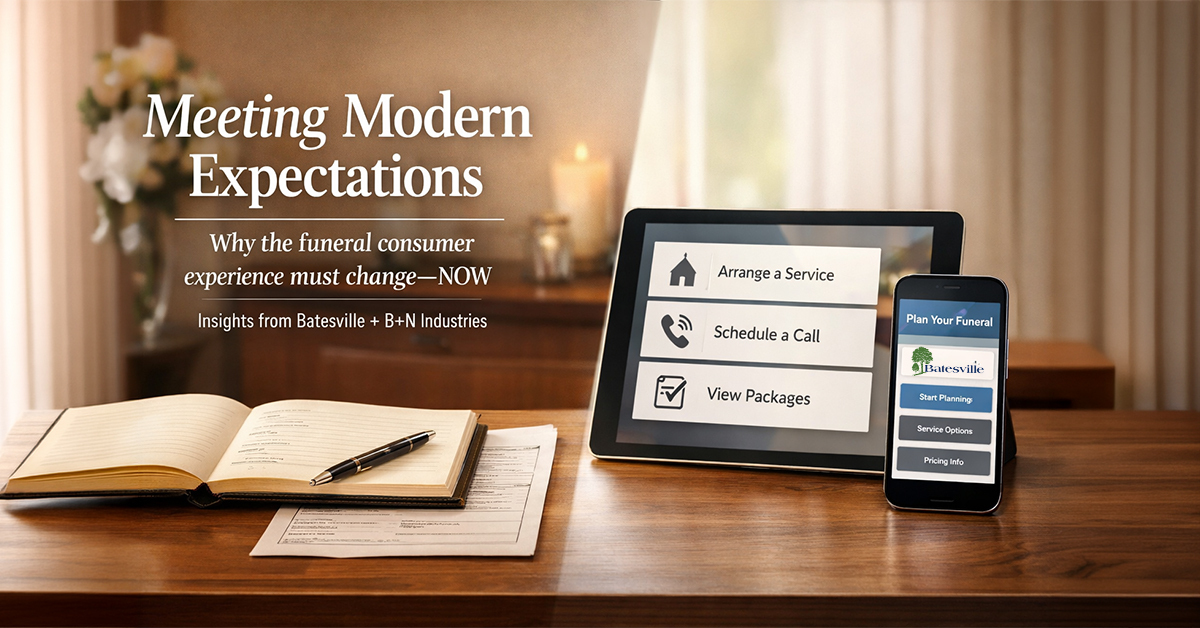The Cloud vs. Non-Cloud: What Funeral Professionals Should Know
Article originally published by: CRäKN
“The cloud” is a metaphor used to refer to how storage, servers, applications and other computing resources no longer need to be on-site, or in a physical location. Cloud technology allows for more “always on” access to networks, because people have the ability to access the cloud, and the information held in the cloud, from any location.
The concept of “cloud computing” has become a bit of a buzzword, but in most cases, people use the phrase in reference to when they access information not on their device (or their network) by using the Internet. One of the simplest examples that many people use each day is web-based email, such as Gmail.
Without the cloud, message could only be managed and sent through a mail client tied to personal computers. Instead – for the great majority of people, if not everyone anymore – emails are managed, stored and sent through the cloud. When needed, web-based email can be accessed from any device or from any location, as long as there is access to the Internet. More and more software products are moving to the cloud and for good reason.
Cloud-based solutions are becoming more popular as it makes enterprise-quality technology affordable for small businesses. The savings is not only in the technology product itself, but in implementation, learning, training and ongoing maintenance and support. Clifford Campbell, CTO at CRäKN explains when and how a cloud is useful for funeral professionals, and for other businesses. “Utilizing the cloud allows a business to focus on providing solutions instead of managing servers,” he says. “We can scale to meet demand and deploy new features as fast as we can develop them.”
The Cloud: Not a New Idea At All
Robert Gordon, an economist at Northwestern University, studies the history and trajectory of economic growth and its impacts on society and productivity. In his interview on the Freakonomics podcast, he explains that The Third Industrial Revolution kicked-off with the mainframe computer around 1960. After the mainframe computer came the mini computer, the personal computer and then communication tools that we use with the Internet. “All of these changes radically changed our ability to process information,” says Gordon (1).
Gordon, who is author of the book, “The Rise and Fall of American Growth,” also suggests how digital storage is part of this transformation. “… business practices and procedures have had a complete change from paper and file cabinets, calculating machines and typewriters, into the modern world of flat screens and search engines. And electronic storage and electronic catalogs,” he says, describing the Third Industrial Revolution. “That was a profound transformation that affected the lives of almost everybody who works in an office. It took place over the 25 years or so between 1980 and 2005,” he argues. While the cloud concept may seem relatively new, the transition has been in the making for decades – with cloud computing dating back to the 1970s.




